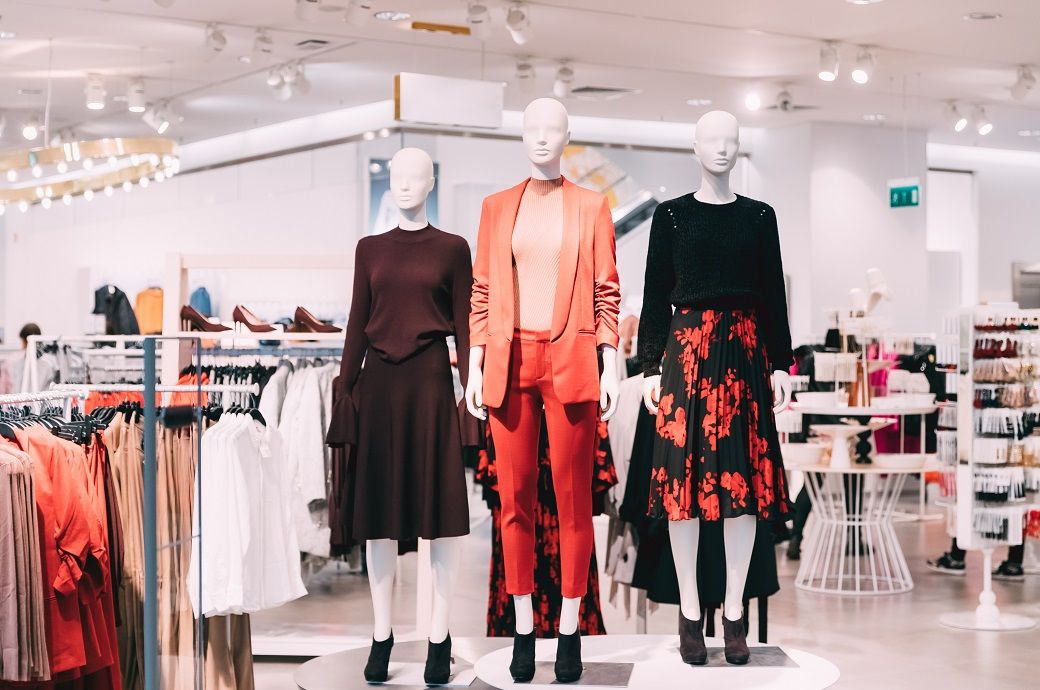

Despite these positive developments, business confidence and forward orders dipped, staying at low levels. Firms reported ongoing elevated costs for labour and materials, suggesting that businesses might continue to pass these expenses onto consumers. Notably, retail price growth surged to 1.4 per cent in quarterly terms, highlighting the potential hurdles in achieving inflation stabilisation in the near future.
Business confidence slightly declined by one point to zero, especially in the retail sector, which saw a significant drop to minus 9 index points. Conversely, business conditions improved by three points to 10 index points, led by gains in manufacturing and wholesale, but decreased in retail, as per the survey.
Regionally, Western Australia (WA) and South Australia (SA) experienced rises in business conditions, while Victoria (Vic) and Tasmania (Tas) saw declines. WA, Queensland (Qld), and New South Wales (NSW) maintained strong conditions, with Vic showing the weakest at 6 index points.
Forward orders decreased to minus 3 index points, with a particularly negative outlook in retail. Conversely, capital expenditure (capex) increased by four points to 7 index points, though capacity utilisation slightly declined to 83.4 per cent. Labour and purchase cost growth remained stable, with product price growth accelerating to 1.3 per cent in quarterly equivalent terms.
Fibre2Fashion News Desk (DP)